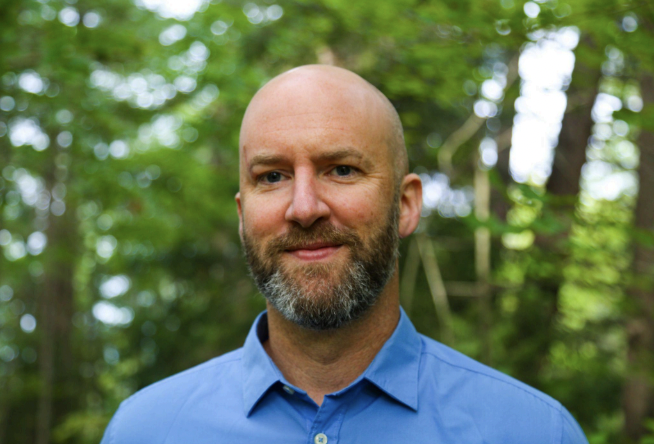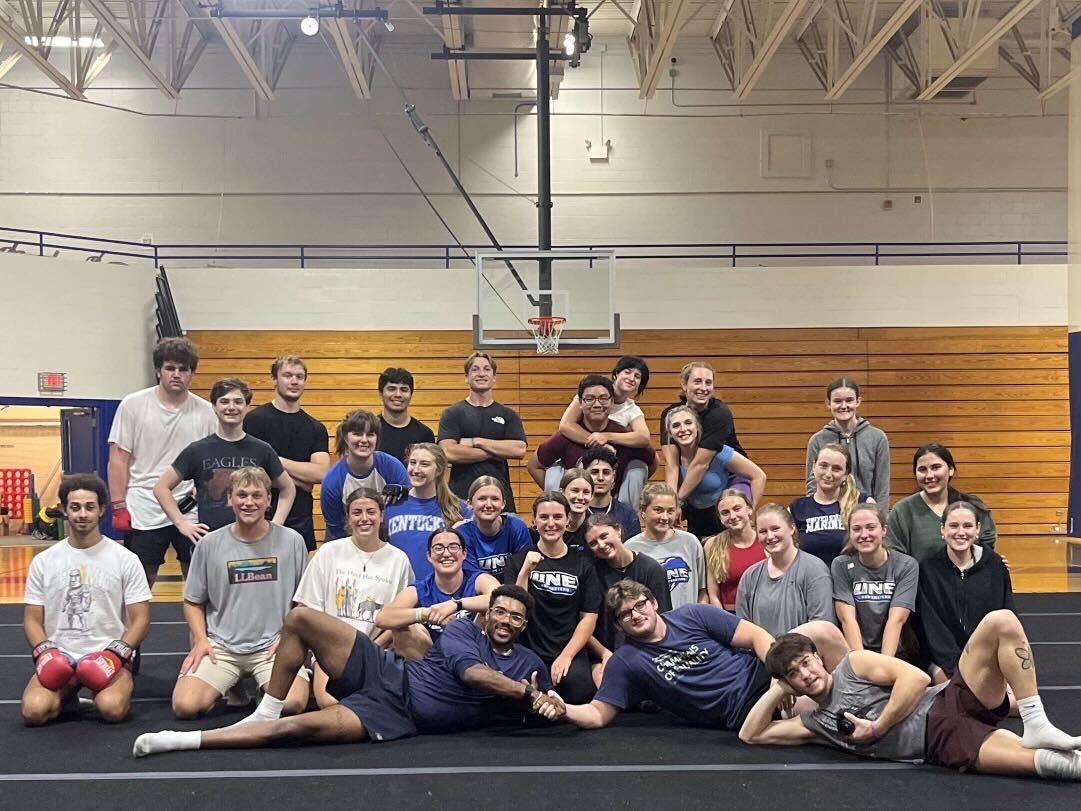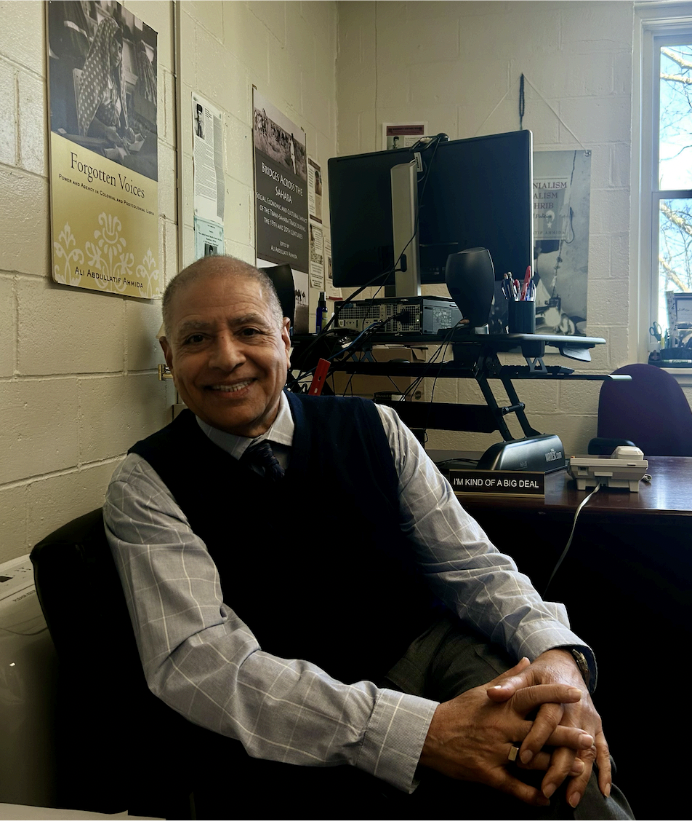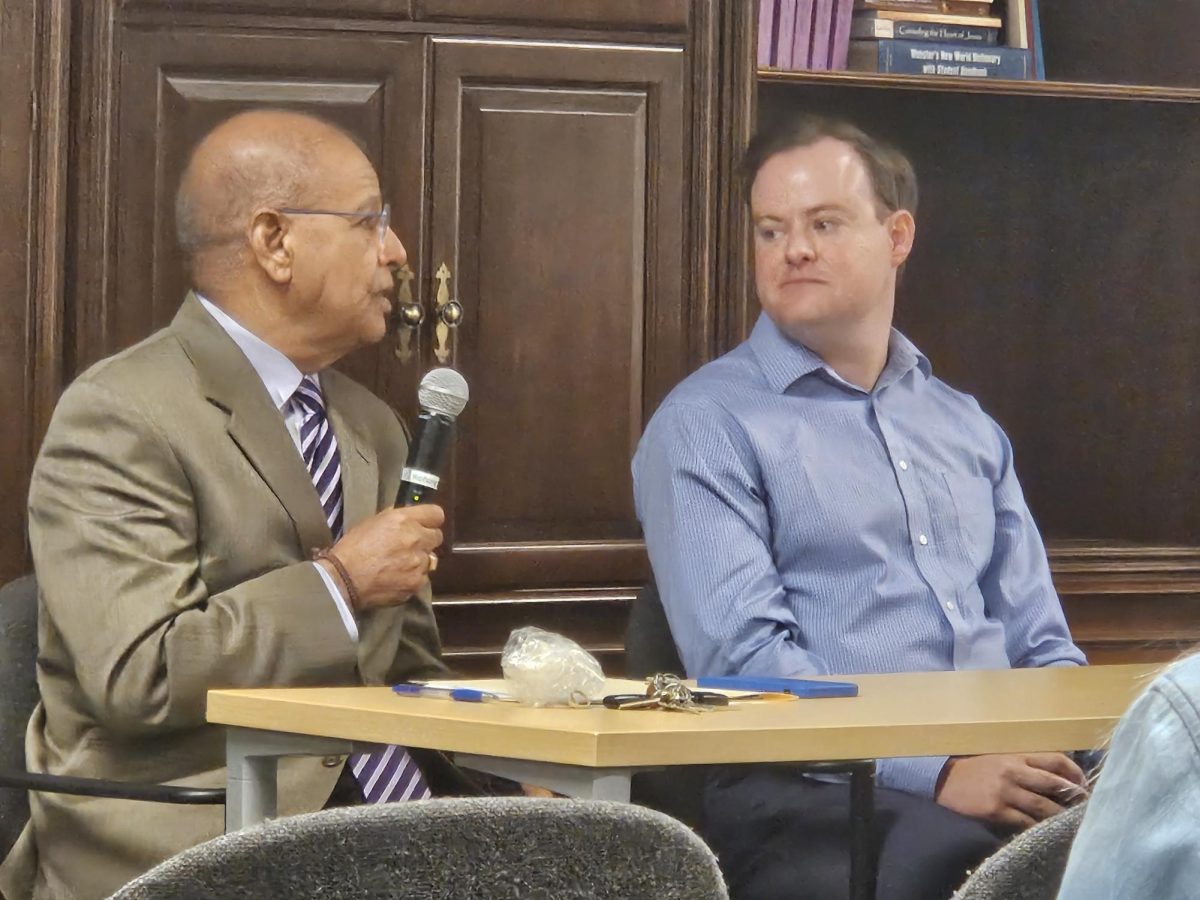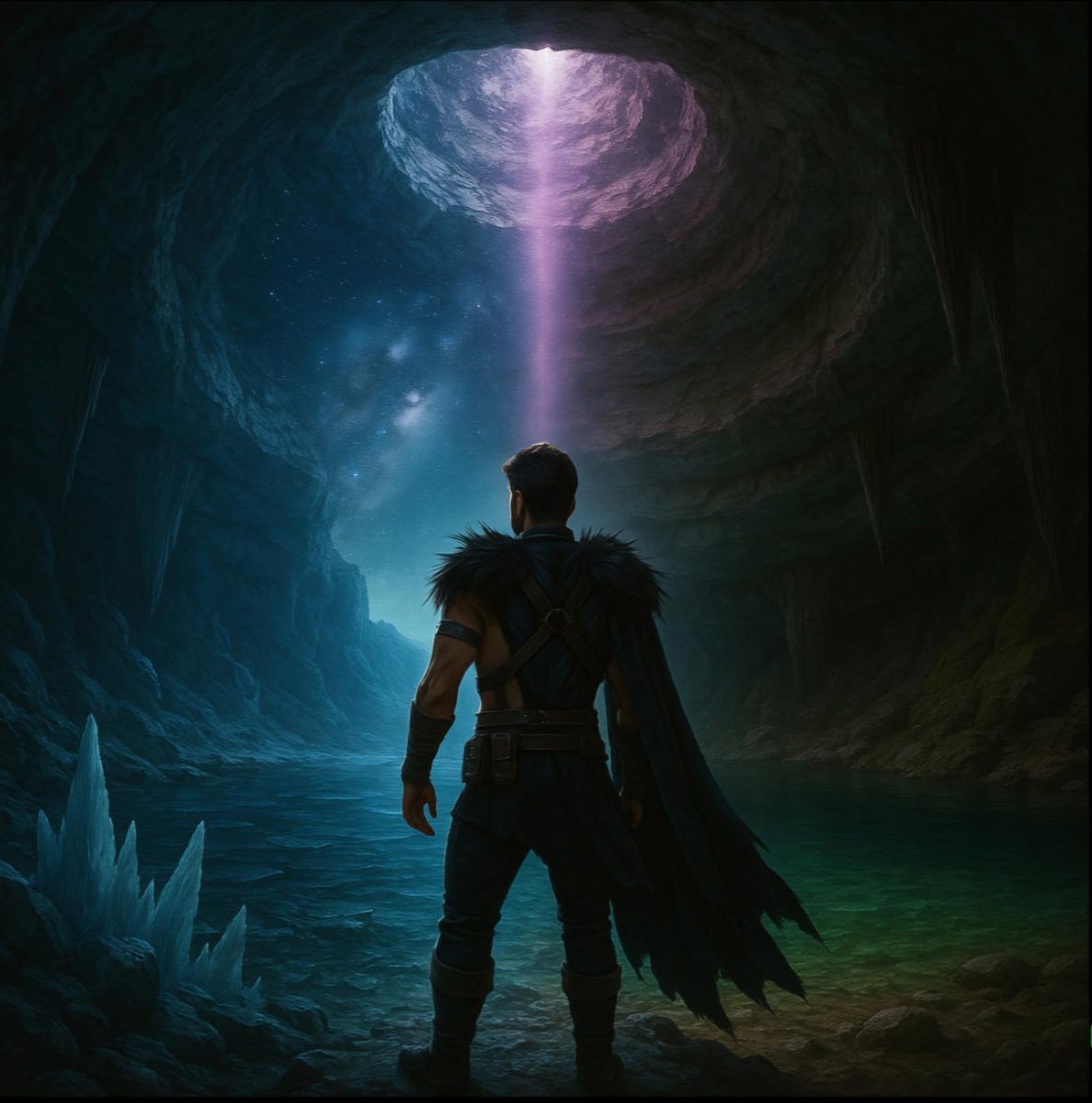Along the shorelines of the Aroostook Rivers Region in Maine, you may encounter a tall man in a beanie teaching a small group of UNE students the techniques used in fly fishing. Upon approach, it is evident he is well-versed in the sport of angling. No one knows that this guide has recently published a book. They instead wonder how many fish he has caught today.
Despite this, Ryan Brod, an adjunct writing Professor at the University of New England, is, in fact, a published author.
In his collection of essays, Tributaries: Essays from Woods and Waters, Brod explores human connections and the natural world. Specifically, Tributaries explores the question: ‘What defines the separation between passion, obsession, and presence?’
Brod is a graduate of the Stonecoast MFA program at the University of Southern Maine. He has been published in River Teeth: A Journal of Nonfiction Narrative, and the Tahoma Literary Review, among other journals and magazines. He also directed Hardwater (2012), highlighting ice fishing culture in Maine.
Brod’s writing career began at a small college in Baltimore. He was studying Journalism and playing basketball, aspiring to become a sports journalist. However, he diverged from this route to return home to Maine, transferring to a college in Orono and switching his major to social work, a field his family is well-versed in.
As a social worker, he felt something was amiss.
“I didn’t feel fulfilled. I felt like this wasn’t something that I could keep doing. Stress level was pretty high, pay was low… and, just as a creative type, I feel best when I am creating things…there is a sense of satisfaction I don’t get elsewhere,” Brod said.
After a decade in social work, he sought a career he could be excited about. This led him to the Stonecoast MFA Program and later to UNE, where he became a professor, returning to his passion for writing.
Jenna Sabia, a Senior Environmental Science major and writing minor, has been in two of Brod’s classes and has read his book.
“Over the course of the last few years, he’s been sending me essays and stuff to read… he’s awesome,” Sabia said. “I like that I’m able to read it even though it’s a topic I don’t know much about… It’s still interesting, and he writes it in such a lyrical way that anyone can pick it up and appreciate it.”
Through life experience, Brod developed his personal narrative, incorporating meaningful revisited memories and imperative sensory detail.
“The creativity part is not just writing a flowery description because it sounds nice; it’s a description that allows the reader to see what you’re looking at,” said Brod.
His time at the Stonecoast Program inspired him to build a collection. An anthology of despondent essays, some published in magazines and literary journals, which later evolved into Tributaries. “I never set out to write a book; it was a process of compiling work,” he said.
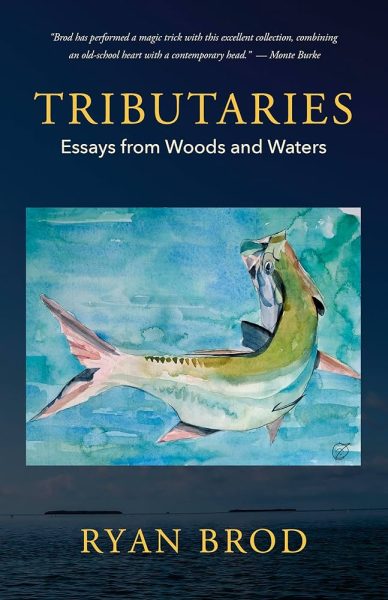
Most of Brod’s time was spent locating connective threads, restoring memories for readers to view alongside him, and identifying and developing the main characters: his dearest friends and his father. The focal connection with his father explores the relationship between father and son, a closeness that has existed since childhood.
“The tension in the book is recognizing that you have limited time with someone,” Brod said, “How am I going to be fully present knowing this person isn’t going to be here very long?”
His father endured six heart attacks and open heart surgery. Brod relays his troubles of watching someone he holds dearly suffer unexplained medical challenges and navigating that throughout life. Knowing your time together can be suspended at any moment, and the fear of sudden loss, weighs heavily on him.
“I hope people enjoy the writing, but I hope more than that, it makes them consider their own social landscape. How am I moving through the world, who am I choosing to spend my time with, how can I optimize the things I’m passionate about?” Brod said.



